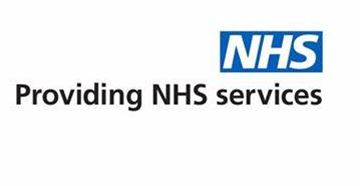What is High Blood Pressure (Hypertension)?
Blood pressure goes up and down during the day and depending on situations (for example when you are exercising or anxious or stressed), however, if your blood pressure is still high when you are resting, then we call this a condition of high blood pressure (hypertension).
“It means your heart is working harder to pump the blood out.”
- Nurse Associate
“You have blood vessels everywhere taking blood all around your body and the pressure within them should not be too much. Usually your body controls how much pressure or stress there is in a certain range, and if it goes above that level, we say there's too much pressure, too much stress on these blood vessels in your body.
We call this hypertension or high blood pressure if it goes too high. And it can be a little bit high, much higher or very high”
- General Practitioner
To receive a diagnosis of high blood pressure (hypertension), you must have at least two high readings on two separate occasions or a 24hr blood pressure monitor.
“If the numbers on the blood pressure machine go above a certain number, we would then say that is high blood pressure. We would normally repeat the reading or check it to confirm. Also, what we do nowadays is ask patients to check their blood pressure at home or wear a blood pressure machine for 24 hours. This means that their blood pressure is checked regularly (throughout a day and night) and gives us a better idea about whether it is too high.”
- General Practitioner
High blood pressure is not something you can feel or notice, but over time it can cause changes in your body which are important for us to try and prevent.
“I think that's one of the problems with conditions like blood pressure is that for the vast, vast majority, it doesn't actually cause you to feel anything, so its difficult to understand why you're taking a tablet everyday for 40 years when you don't feel or notice anything. That's what blood pressure is basically, often it's silent until something happens. We pick it up mostly in routine health checks ”
- General Practitioner
Page created: 05 November 2020
